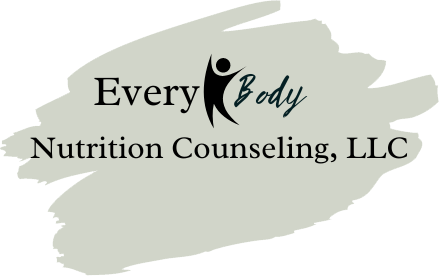Emotional Eating: A different Perspective
A Compassionate Approach to Emotional Eating
Many of us have been taught that emotional eating is a problem—something to fix or control. But emotional eating is not a failure. It’s a sign that we are human, seeking comfort in a way that has likely served us in the past.
Rather than trying to eliminate emotional eating, I invite you to explore it with curiosity and kindness. Instead of asking, "How do I stop eating emotionally?" we can shift to, "What am I truly needing in this moment?"
Emotional Eating Is Not the Enemy
Food can be a source of comfort, connection, and even survival in times of distress. There is nothing inherently wrong with eating in response to emotions—what matters is whether it’s the only tool in your coping toolbox.
If food has been a primary way you’ve soothed yourself, there is likely a valid reason for that. Maybe food was one of the few comforts available to you as a child. Maybe years of dieting made certain foods feel emotionally charged, turning them into a source of both comfort and rebellion. Or maybe you’re navigating a particularly stressful season, and food is offering a much-needed moment of relief.
Whatever the reason, emotional eating deserves compassion—not judgment. When we approach it with curiosity, we create space to explore what we truly need, rather than getting stuck in cycles of guilt and restriction.
Meeting Your Basic Needs First
Before assuming that emotional eating is the issue, it’s important to check in with your physical needs first. As a dietitian, I see that many of my clients who feel out of control with food are actually undereating—whether intentionally or unintentionally.
If your body isn’t getting enough energy throughout the day, it will naturally crave food, often in the form of quick-digesting carbohydrates or sweets. This isn’t about a lack of willpower—it’s about survival.
Take a moment to reflect on the following:
Do you feel preoccupied with food or struggle to stop eating once you start?
Do you crave carbs or sweets intensely?
Do you often feel irritable, tired, or unable to concentrate?
Do you skip meals or go more than five hours (during waking hours) without eating?
If you answered yes to any of these questions, your body may simply be asking for more food. Ensuring you’re well-fed with balanced, satisfying meals can reduce the urgency around eating and help you better distinguish between biological hunger and emotional needs.
Emotional Eating: Expanding Your Coping Tools with Self-Compassion
If you’re adequately fueling your body and still find yourself eating in response to emotions, that’s okay. The goal isn’t to eliminate emotional eating but to broaden the ways you care for yourself.
Consider reflecting on these questions:
How has emotional eating served you in the past?
What emotions tend to trigger eating for you?
What are other ways you can respond to these emotions?
Some alternative coping tools might include:
Sitting with discomfort: Acknowledge and name the emotion you're feeling instead of pushing it away.
Journaling or self-reflection: Writing about your emotions can bring clarity.
Connection: Talking to a trusted friend, therapist, or support person.
Movement: Gentle movement, like stretching or a short walk, can help process emotions.
Distraction: Engaging in a non-food-related activity, like listening to music, doing a creative hobby, or stepping outside.
Remember, food can be a source of comfort, and that’s okay. The key is to have multiple ways to meet your emotional needs so that food isn’t the only tool in your coping toolbox.
Would you like support in exploring emotional eating with kindness? My practice offers weight-inclusive nutrition counseling, and many insurance plans cover sessions.


